Gut-Healing Snacks That Won't Wreck Your Microbiome
Snacking doesn’t have to sabotage your gut—in fact, it can help heal it. As research on the microbiome grows, we’re learning that the trillions of microbes living in your digestive tract do far more than aid digestion—they influence your immune system, energy, mood, and even brain function. And what you feed them matters. That’s where gut-healing snacks come in: nutrient-dense, microbiome-friendly bites that support good bacteria instead of disrupting them. Forget ultra-processed bars or sugar-laden treats—these snacks are designed to work with your body, not against it. Whether you’re managing bloating, seeking better digestion, or just want to feel more balanced, the right snacks can make a powerful difference. In this guide, we’ve expanded our list to 16 Gut-Healing Snacks That Won’t Wreck Your Microbiome—practical, satisfying, and backed by science. Because when your gut feels good, everything else has a better shot at falling into place.
1. The Power of Probiotics: Yogurt and Kefir
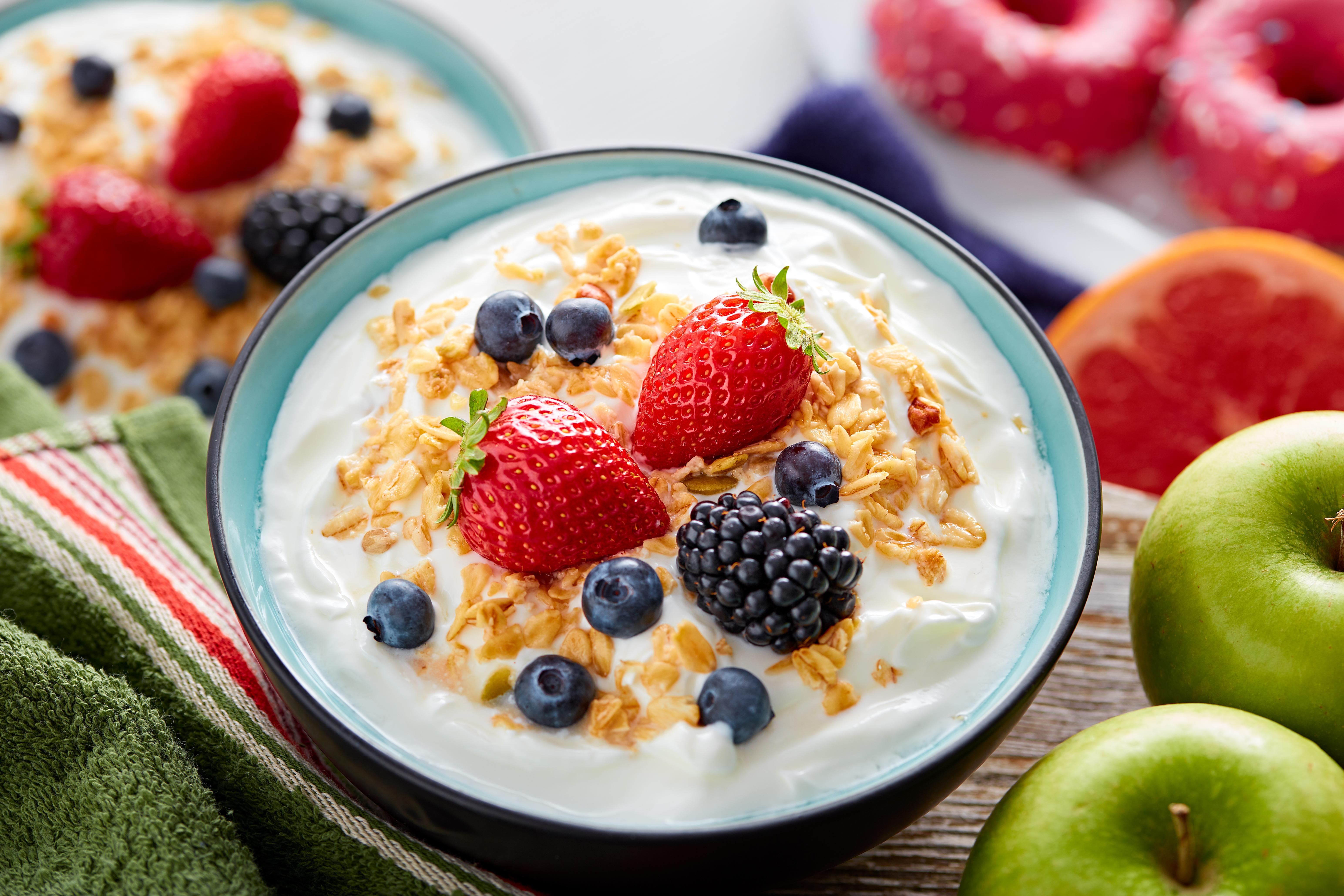
Probiotics are live microorganisms that confer health benefits when consumed in adequate amounts, and yogurt and kefir are two of the most accessible sources. Yogurt, made through the bacterial fermentation of milk, is rich in cultures like Lactobacillus and Bifidobacterium, which help balance the gut microbiota. Kefir, a fermented milk drink, boasts a more diverse array of beneficial bacteria and yeast, offering a powerful probiotic punch. Regular consumption of these fermented dairy products can enhance digestion, boost the immune system, and even improve lactose tolerance. Incorporating yogurt or kefir into your daily routine can be as simple as enjoying a breakfast parfait or a post-workout smoothie, making them versatile and convenient options for gut health.
2. Fermented Vegetables: Sauerkraut and Kimchi
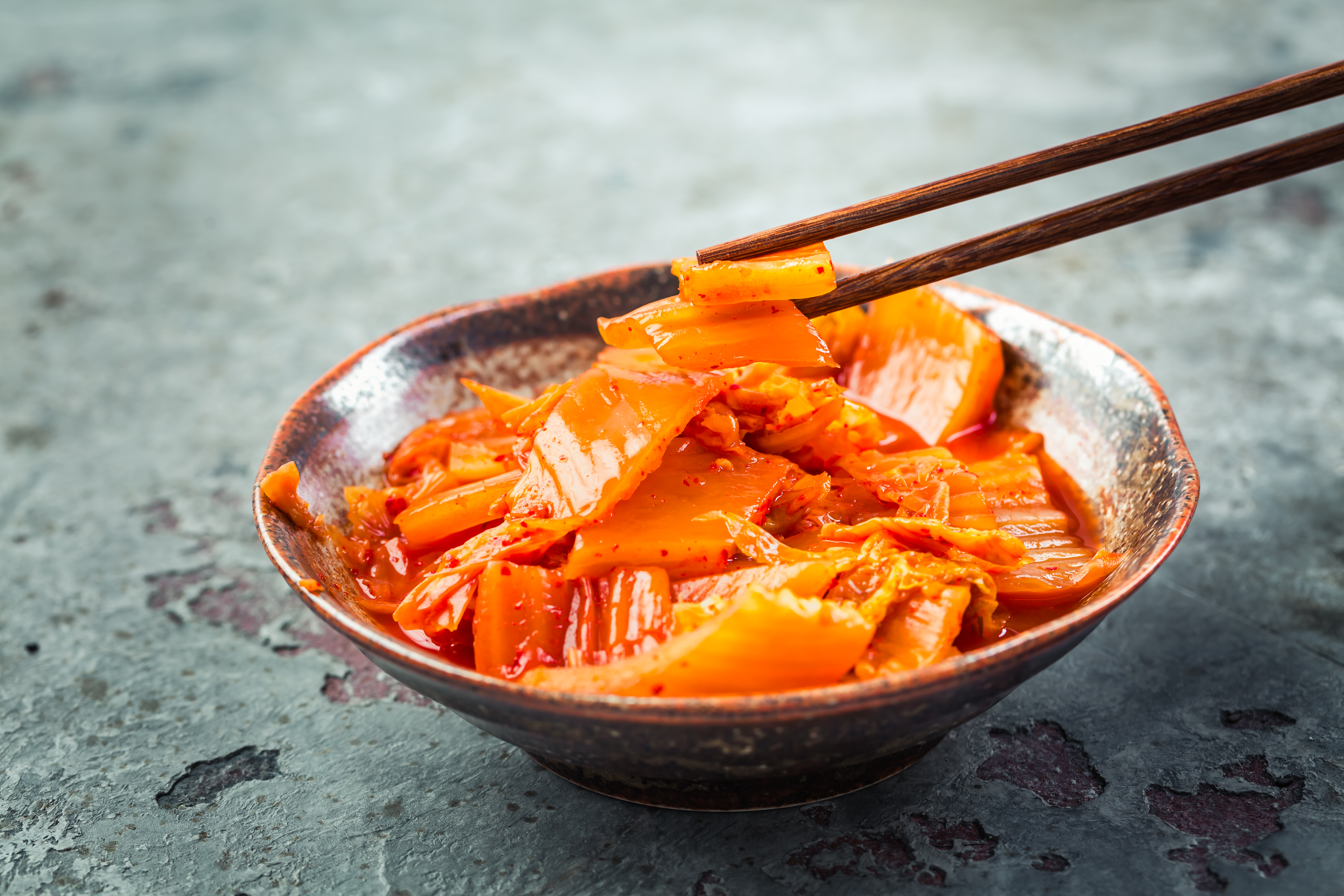
Fermented vegetables like sauerkraut and kimchi are not only packed with flavor but also brimming with probiotics. Sauerkraut, made from fermented cabbage, is rich in fiber, vitamins C and K, and beneficial bacteria that support digestion and reduce inflammation. Kimchi, a staple in Korean cuisine, combines cabbage with radishes, chili peppers, and spices, offering a spicy, tangy burst of flavor alongside its gut-healing properties. These fermented foods are known to enhance nutrient absorption and promote a balanced gut microbiome. Incorporating them into meals can be as simple as adding a spoonful to salads, sandwiches, or rice bowls, providing both a nutritional boost and a delightful taste experience.
3. The Fiber Factor: Chia Seeds and Flaxseeds
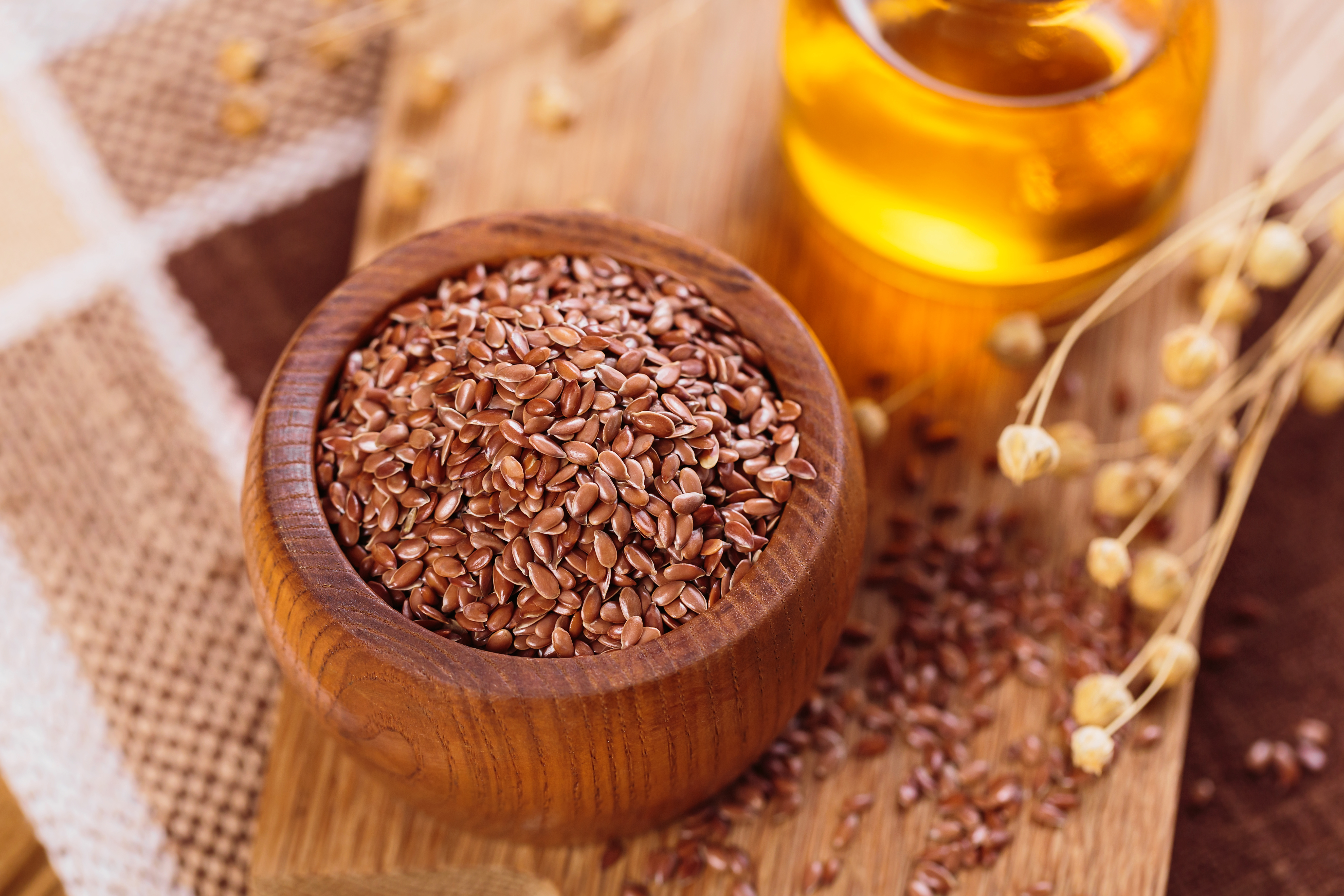
Fiber is a crucial component of a gut-friendly diet, serving as food for beneficial bacteria and promoting regular bowel movements. Chia seeds and flaxseeds are excellent sources of soluble fiber, which helps regulate digestion and stabilize blood sugar levels. Chia seeds, when soaked, form a gel-like consistency that aids in digestion and provides a feeling of fullness, making them an ideal addition to smoothies or oatmeal. Flaxseeds, rich in omega-3 fatty acids, contribute to reduced inflammation and improved heart health. Incorporating these seeds into your diet can be as simple as sprinkling them over yogurt, adding them to baked goods, or blending them into smoothies, ensuring you receive their gut-healing benefits daily.
4. Prebiotic Powerhouses: Garlic and Onions
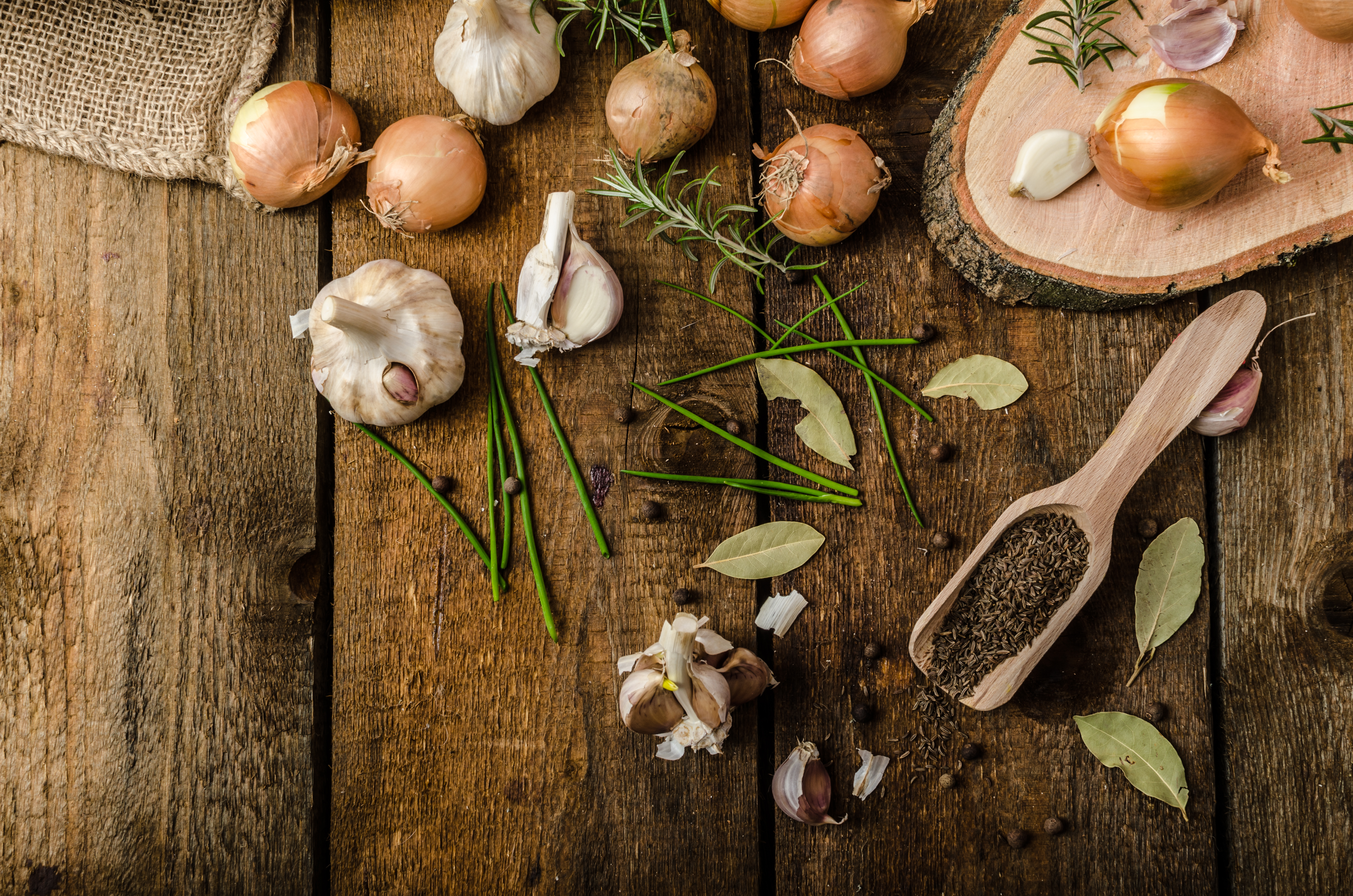
Prebiotics are non-digestible fibers that feed the beneficial bacteria in your gut, promoting their growth and activity. Garlic and onions are two potent prebiotic foods that not only enhance the flavor of dishes but also support a thriving microbiome. Garlic contains inulin and fructooligosaccharides, which stimulate the growth of bifidobacteria and lactobacilli. Onions, rich in fiber and antioxidants, offer similar benefits, making them a staple in any gut-friendly diet. Cooking with garlic and onions is a simple way to incorporate prebiotics into your meals, whether in soups, stews, or sautéed vegetables, enhancing both the health benefits and the culinary experience.
5. The Sweet Side: Dark Chocolate
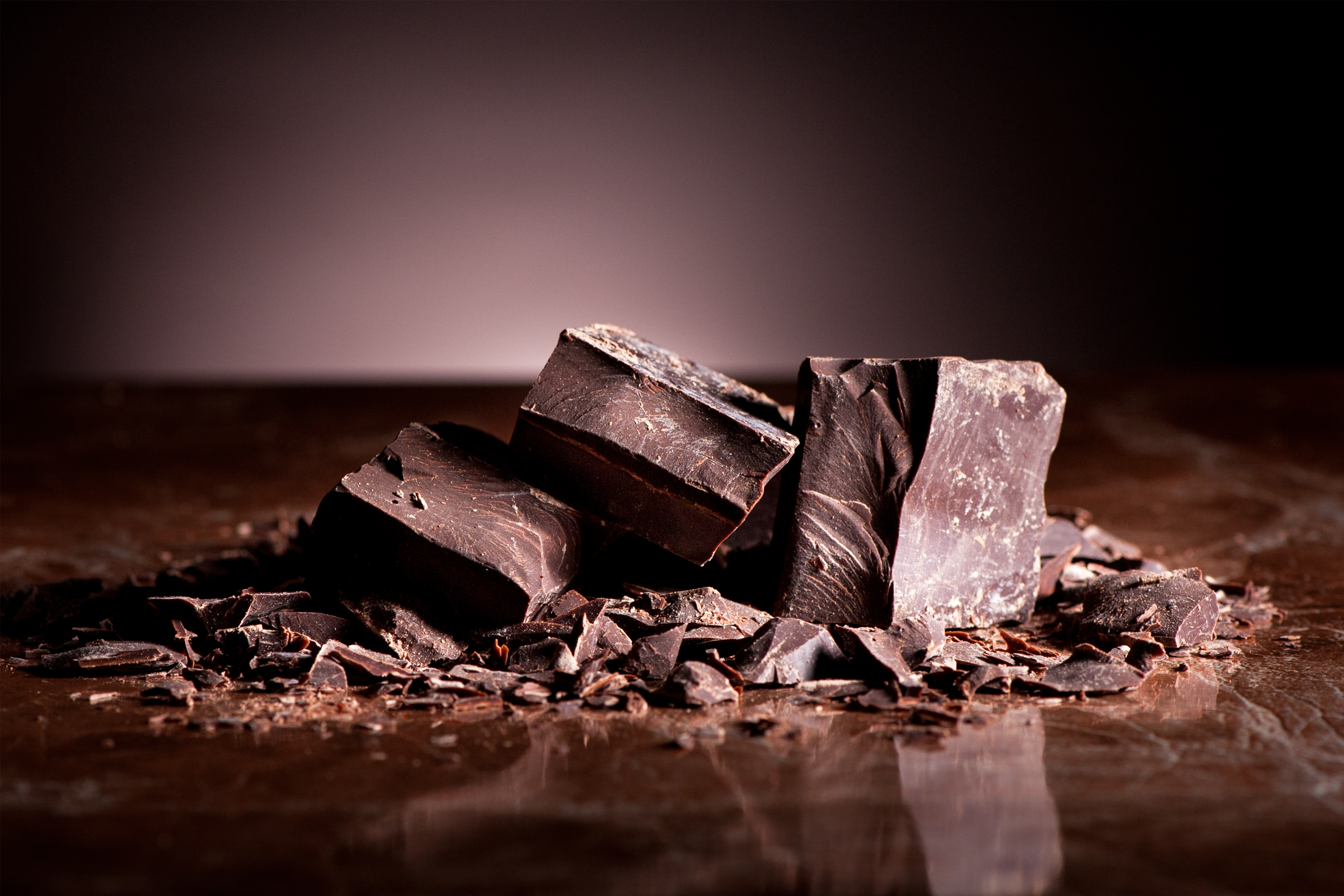
Dark chocolate, when consumed in moderation, can be a delightful addition to a gut-healthy diet. Rich in polyphenols, dark chocolate acts as a prebiotic, supporting the growth of beneficial gut bacteria. These polyphenols also have antioxidant properties, contributing to reduced inflammation and improved heart health. Choosing chocolate with a high cocoa content (70% or more) ensures you receive the maximum health benefits. Enjoying a small piece of dark chocolate as a dessert or pairing it with fruits can satisfy your sweet tooth while promoting a healthy gut, proving that indulgence and wellness can go hand in hand.
6. Nuts for Your Gut: Almonds and Walnuts
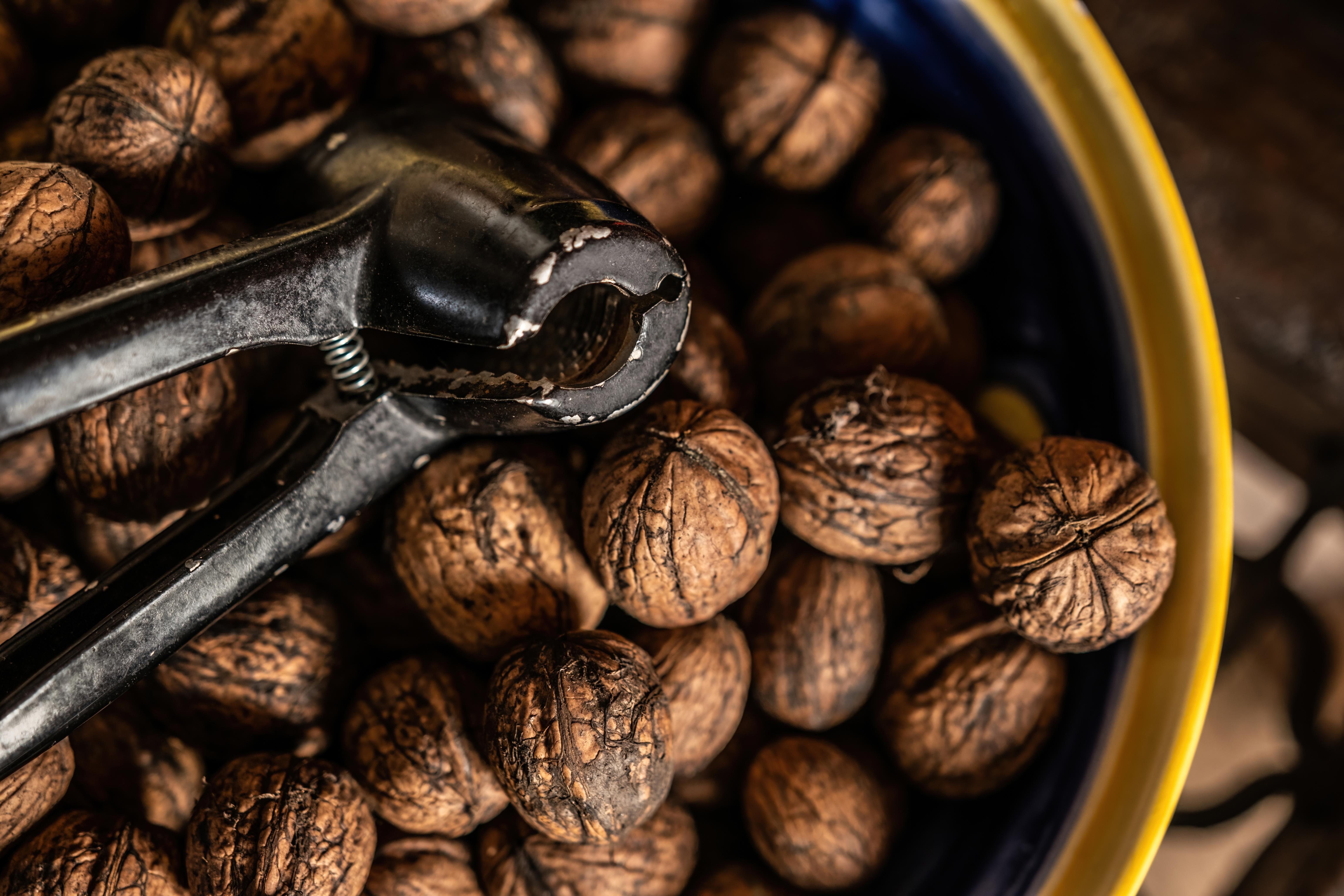
Nuts are nutrient-dense snacks that provide a wide array of health benefits, including support for gut health. Almonds and walnuts, in particular, are rich in fiber, healthy fats, and antioxidants. Almonds contain prebiotic fibers that promote the growth of beneficial bacteria, while walnuts are known to increase the diversity of the gut microbiome. Regular consumption of these nuts can improve digestion, reduce inflammation, and support heart health. Incorporating a handful of almonds or walnuts into your daily routine, whether as a snack or as an addition to salads and yogurt, can be a simple yet effective way to nurture your microbiome.
7. The Fruitful Approach: Berries
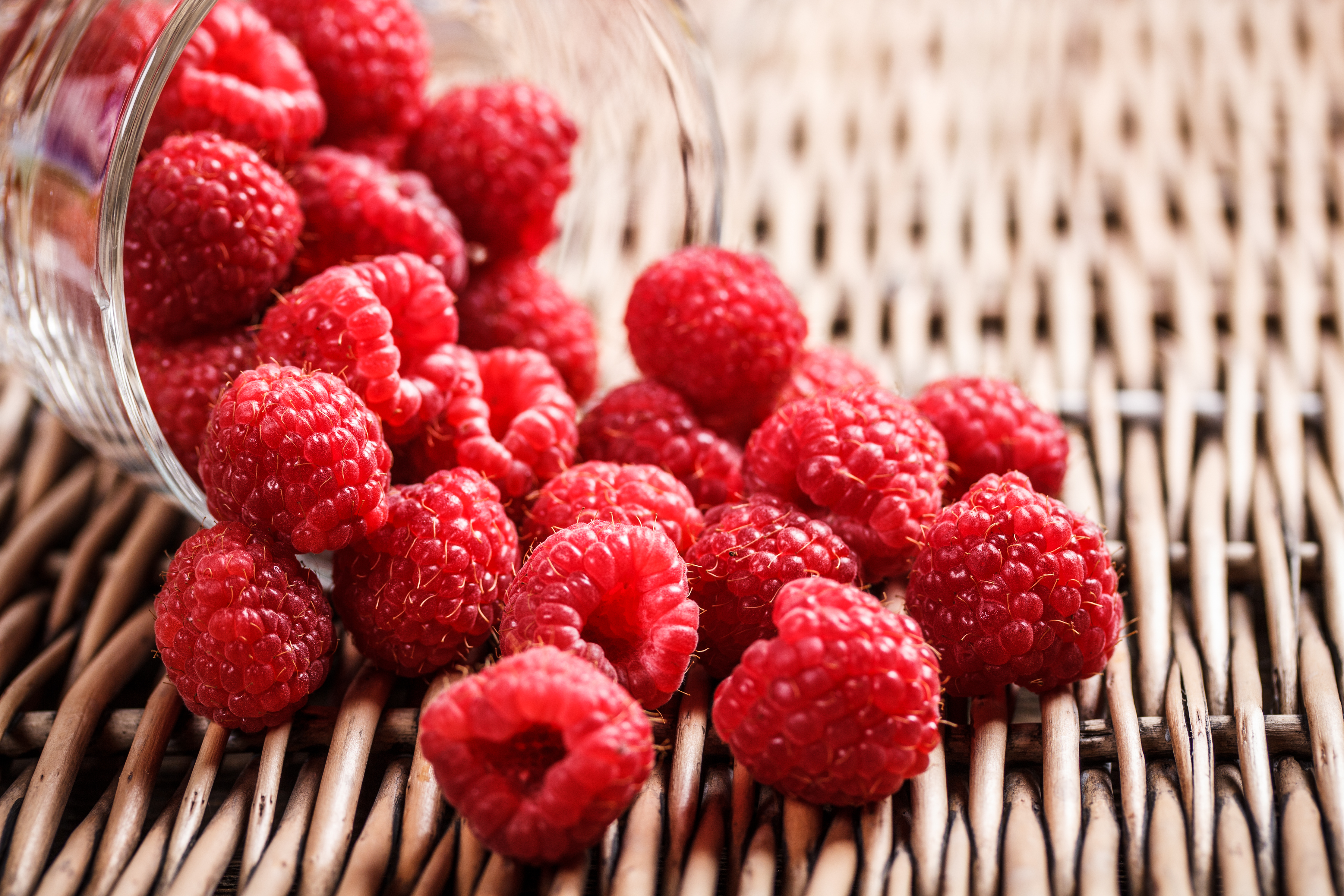
Berries, including blueberries, strawberries, and raspberries, are not only delicious but also packed with nutrients that support gut health. Rich in fiber, vitamins, and antioxidants, berries help reduce inflammation and support a balanced gut microbiome. The polyphenols found in berries act as prebiotics, promoting the growth of beneficial bacteria. Their natural sweetness and vibrant colors make them a versatile addition to any meal, whether enjoyed fresh, in smoothies, or as a topping for yogurt and oatmeal. Incorporating a variety of berries into your diet can enhance both your gut health and your overall well-being, offering a burst of flavor and nutrition.
8. Legumes: Lentils and Chickpeas
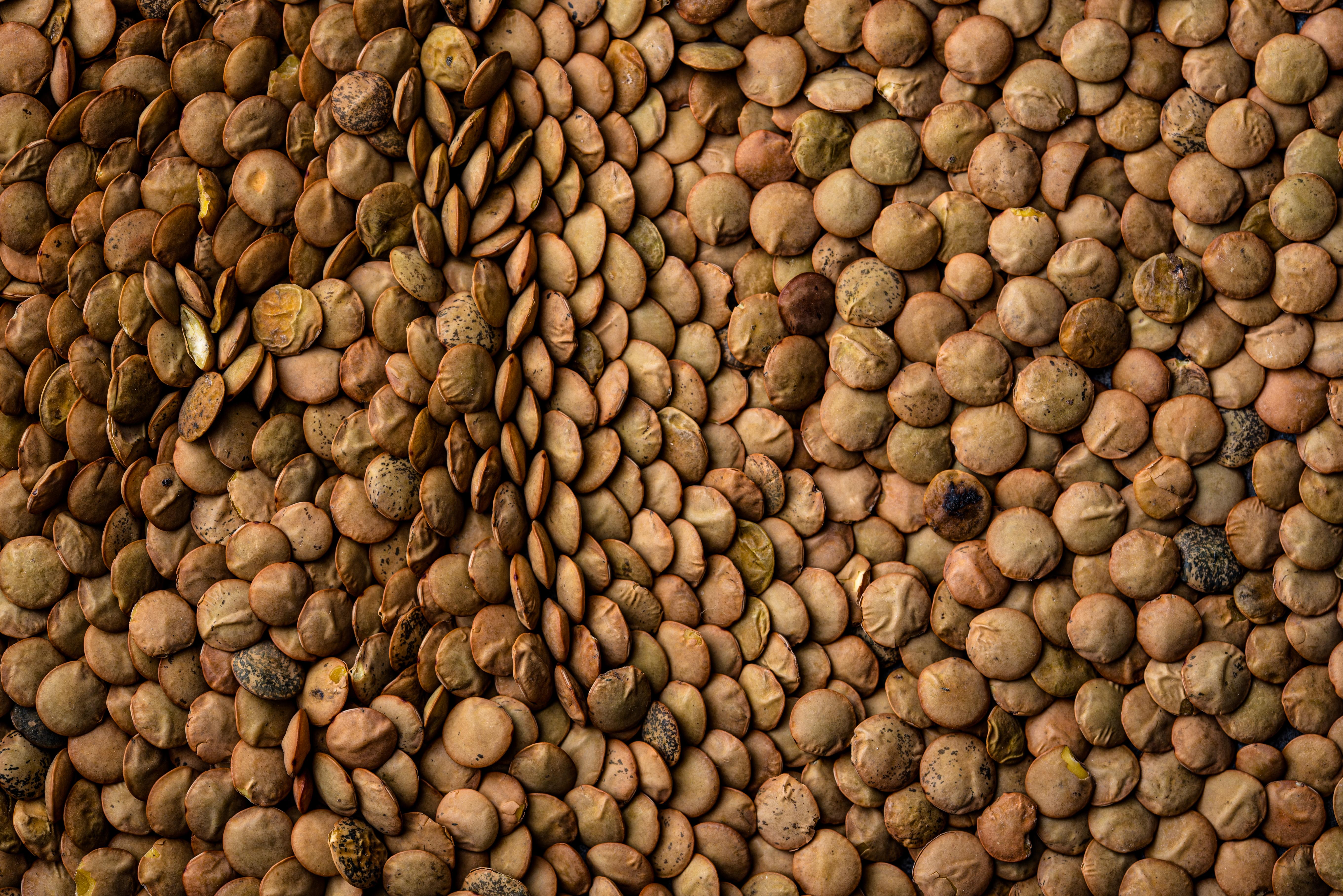
Legumes, such as lentils and chickpeas, are excellent sources of plant-based protein and fiber, making them ideal for gut health. They contain resistant starch, a type of fiber that feeds beneficial gut bacteria and supports regular bowel movements. Lentils, rich in iron and folate, contribute to energy production and overall health, while chickpeas offer a versatile base for a variety of dishes, from salads to hummus. Incorporating legumes into your diet can help maintain a healthy weight, improve digestion, and reduce the risk of chronic diseases. Whether in soups, stews, or salads, lentils and chickpeas are a delicious and nutritious way to support your microbiome.
9. The Whole Grain Advantage: Quinoa and Oats
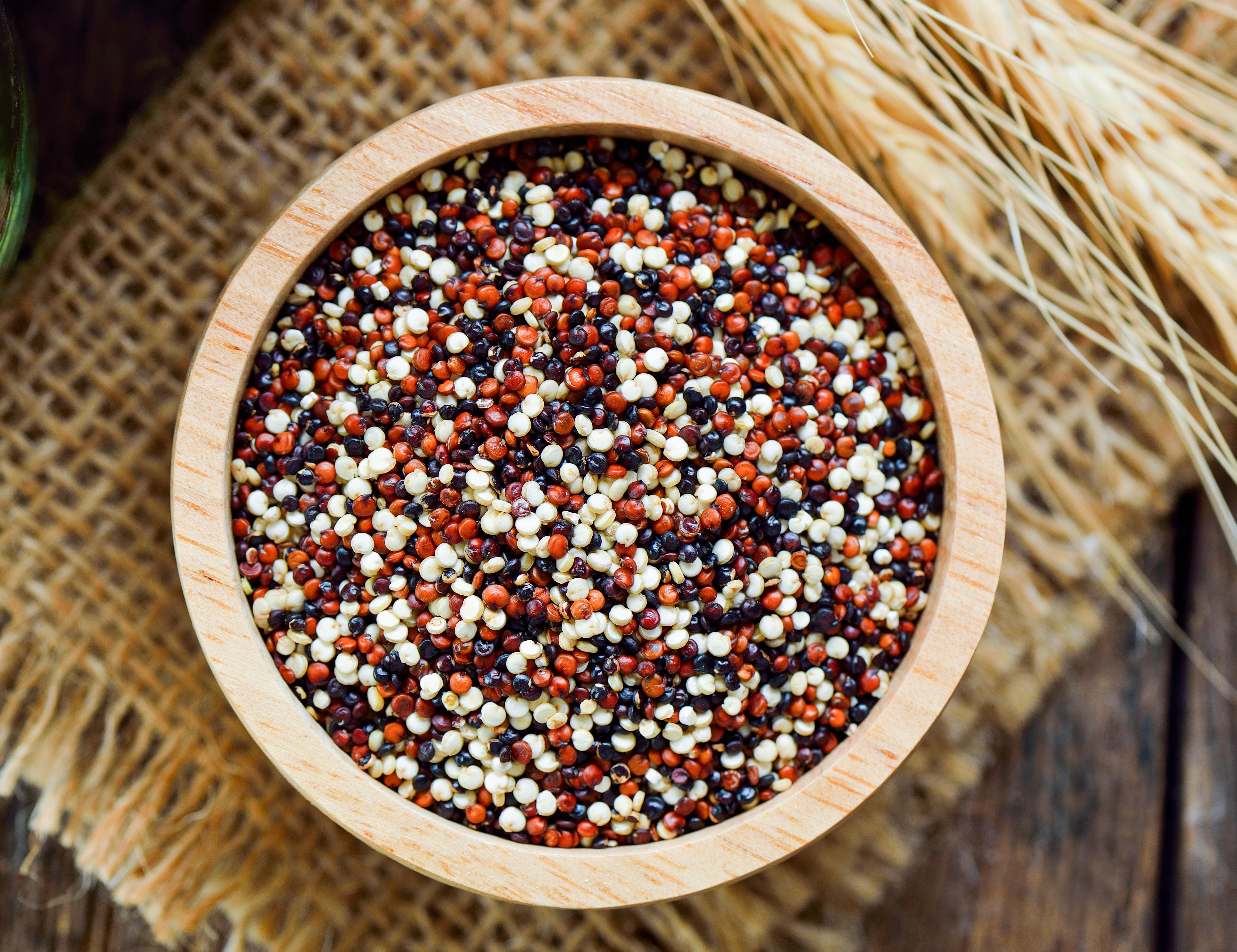
Whole grains are an essential component of a gut-friendly diet, providing fiber, vitamins, and minerals that support overall health. Quinoa and oats are two such grains that offer significant benefits for the gut. Quinoa, a complete protein, is rich in fiber and antioxidants, promoting digestion and reducing inflammation. Oats contain beta-glucan, a soluble fiber that supports heart health and stabilizes blood sugar levels. Incorporating these grains into your meals can be as simple as enjoying a warm bowl of oatmeal for breakfast or a quinoa salad for lunch, providing a satisfying and nutritious foundation for your diet.
10. The Fermented Beverage: Kombucha
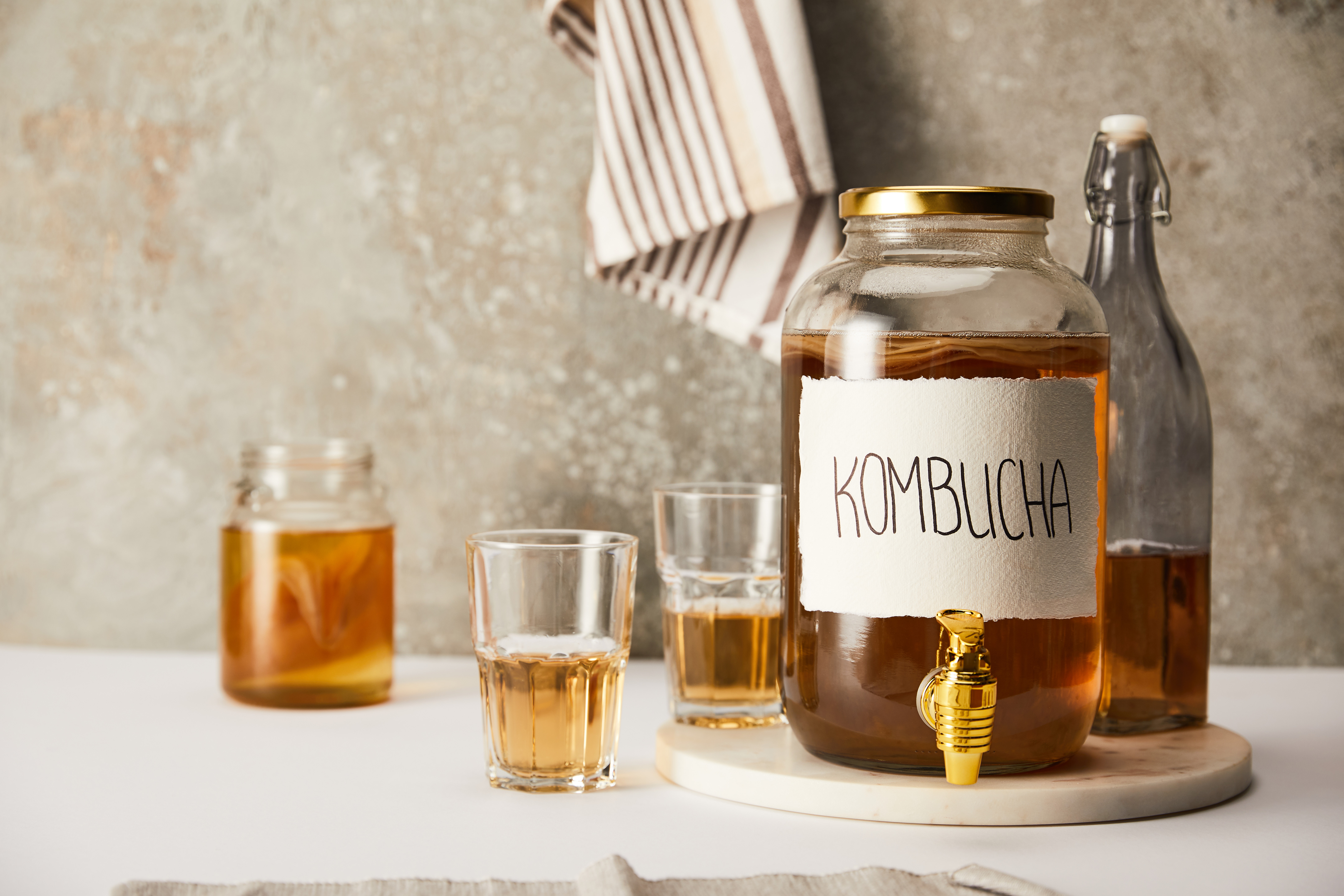
Kombucha, a fermented tea beverage, has gained popularity for its probiotic content and potential health benefits. Made by fermenting sweetened tea with a symbiotic culture of bacteria and yeast (SCOBY), kombucha is rich in probiotics, antioxidants, and organic acids. These compounds support digestion, boost the immune system, and promote a balanced gut microbiome. Enjoying a glass of kombucha as a refreshing beverage or as an alternative to sugary drinks can be a simple way to incorporate probiotics into your diet. With a variety of flavors available, kombucha offers a delicious and healthful option for supporting gut health.
11. Miso: The Umami-Rich Gut Guardian
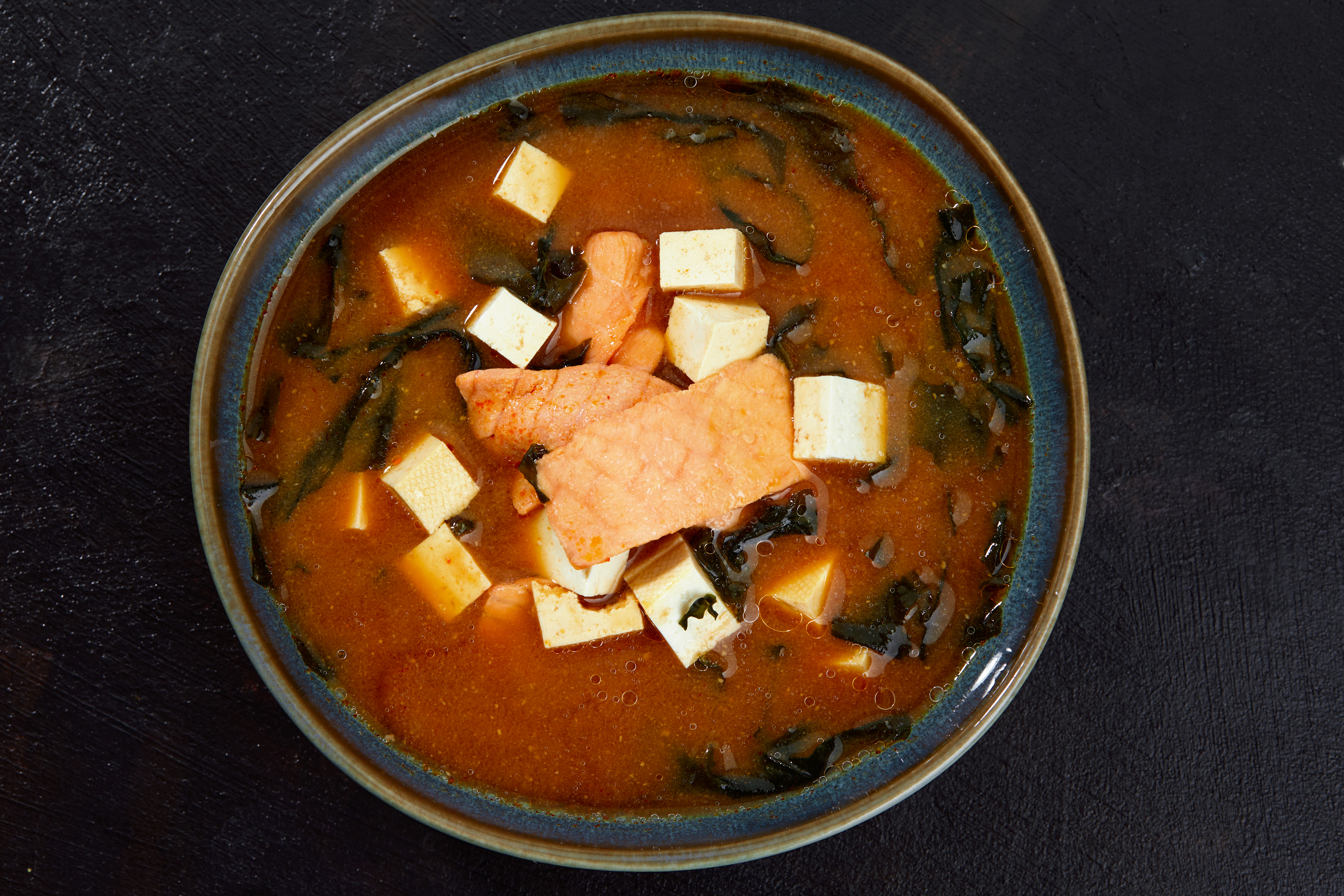
Miso, a traditional Japanese seasoning made by fermenting soybeans with salt and kōji (a type of fungus), is a savory, umami-rich paste that delivers a powerful dose of probiotics. Packed with beneficial bacteria like Lactobacillus, miso supports digestive health, enhances nutrient absorption, and bolsters the immune system. It also contains essential minerals like zinc, manganese, and copper, along with antioxidants that combat inflammation. A warm bowl of miso soup or a spoonful whisked into dressings or marinades offers an easy and flavorful way to nourish your microbiome. With its deep, satisfying flavor and gut-friendly profile, miso proves that healing foods can be both comforting and complex.
12. Seaweed Snacks: A Salty, Prebiotic Punch
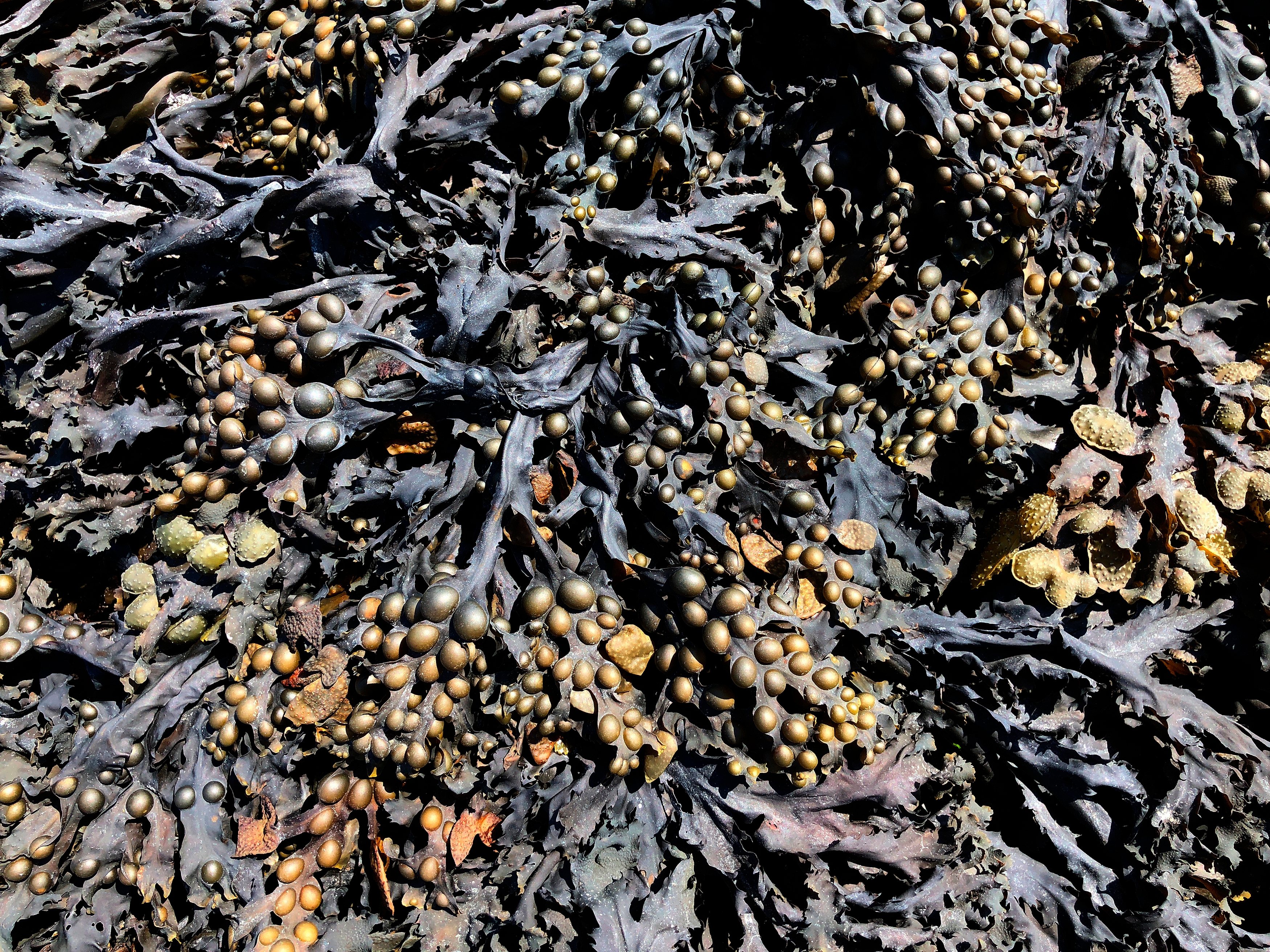
Crispy, savory, and naturally low in calories, seaweed snacks are more than just trendy—they’re gut-health gold. Seaweeds like nori, wakame, and kombu are rich in prebiotic fibers called polysaccharides, which feed beneficial gut bacteria and help promote microbial diversity. They also contain trace minerals like iodine and magnesium, important for metabolism and nerve function. Some varieties, like kombu, even enhance digestion by supporting the breakdown of heavy foods. Easy to stash in your bag or desk drawer, seaweed snacks are a smart, crunchy way to satisfy cravings while giving your microbiome a mineral-rich, plant-based boost.
13. Green Banana Slices with Nut Butter
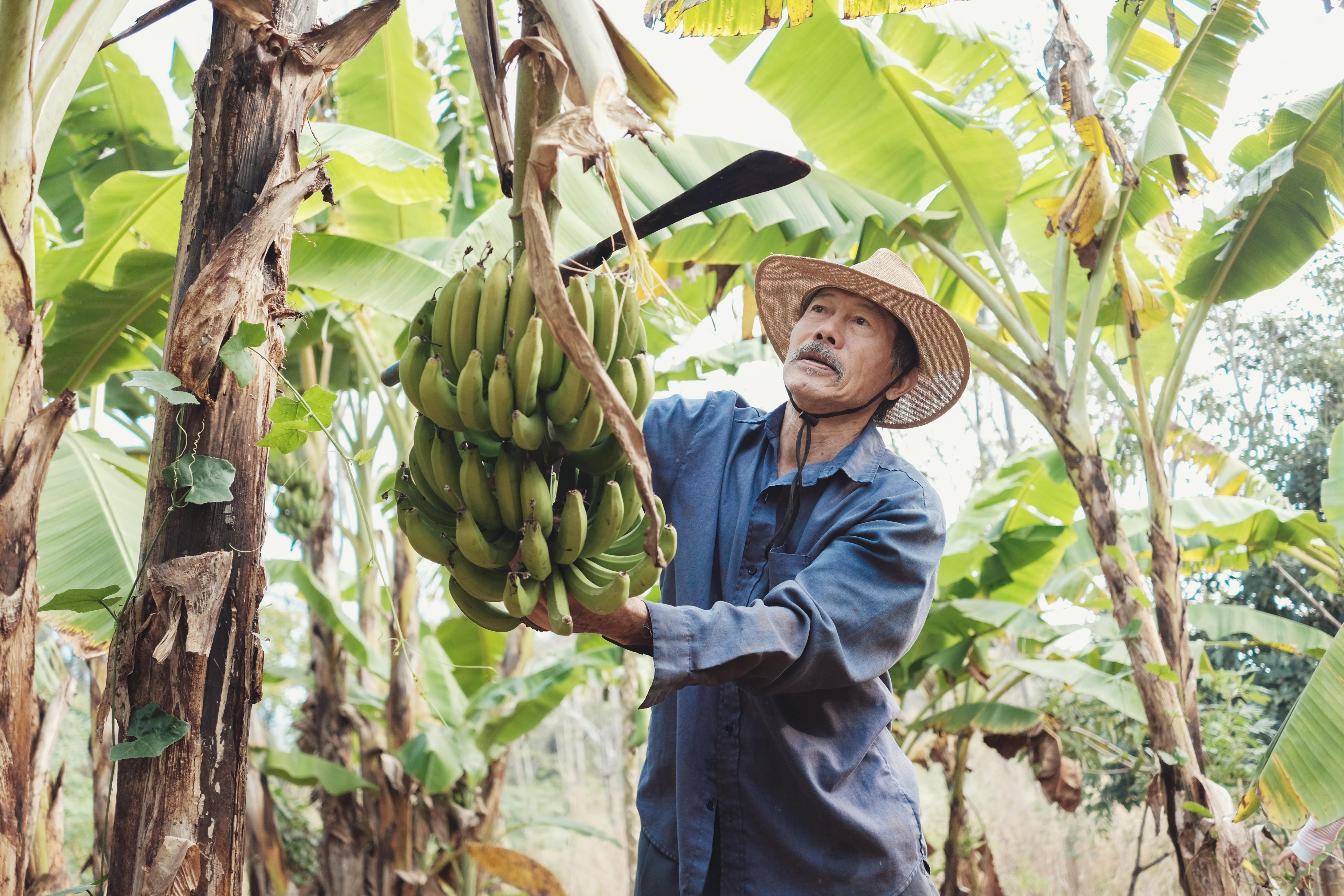
Before bananas turn sweet, they’re packed with resistant starch—a powerful prebiotic that fuels beneficial gut bacteria. Sliced green banana paired with almond or peanut butter becomes a snack that blends gut-healing fiber with satisfying healthy fats and protein. The resistant starch survives digestion in the small intestine and ferments in the colon, where it helps produce short-chain fatty acids that support gut lining integrity and reduce inflammation. It’s a balanced, blood-sugar-stabilizing option that feels indulgent but works hard behind the scenes. Just be sure to use firm, underripe bananas to get the full gut-healing effect.
14. Cottage Cheese with Ground Flax and Berries
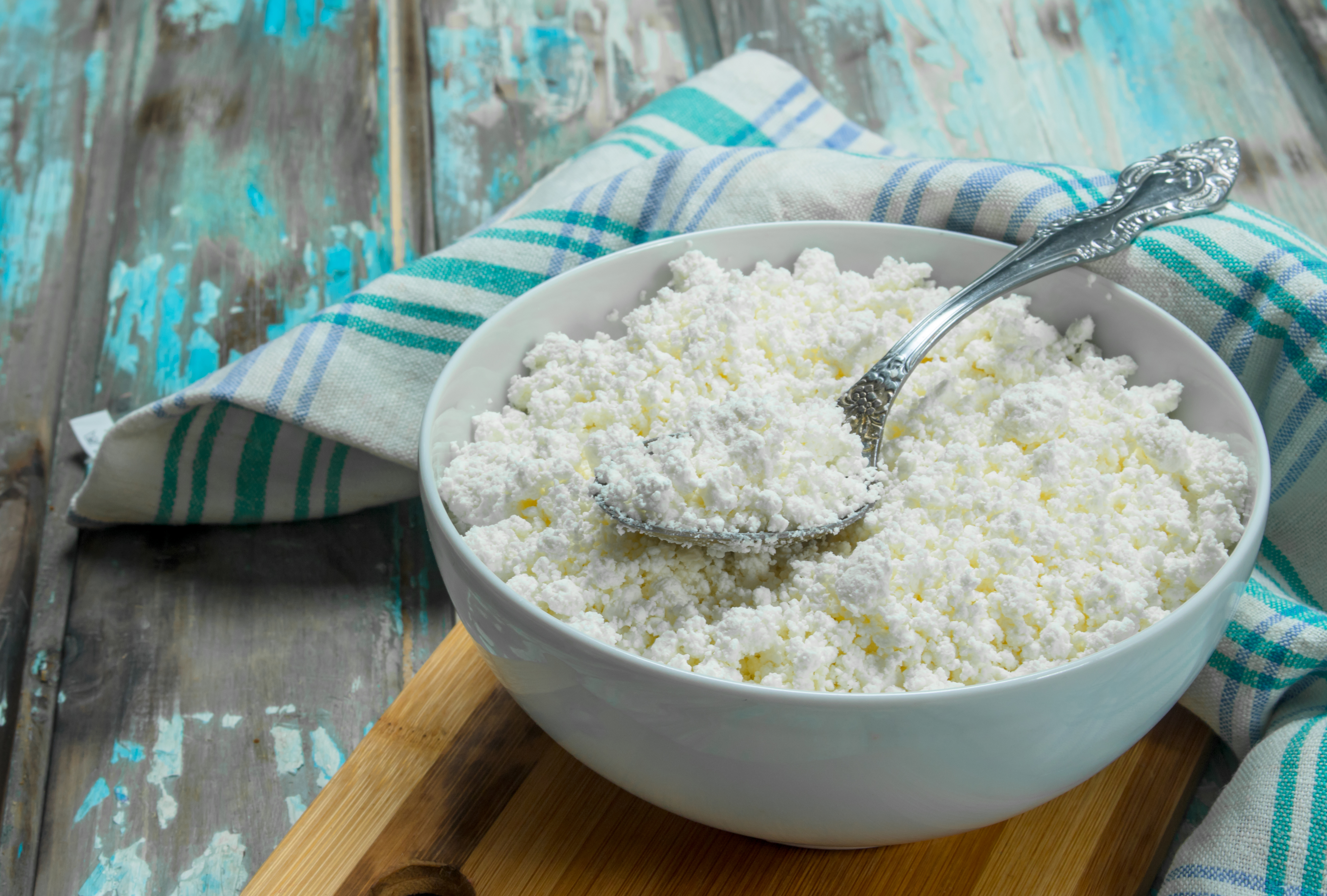
This snack delivers a triple gut-health threat: probiotics from cultured cottage cheese, prebiotic fiber from ground flaxseed, and polyphenols from berries. Together, they nourish your gut bacteria, support digestion, and help regulate hormones and blood sugar. Cottage cheese provides slow-digesting casein protein and beneficial live cultures (check the label), while flaxseed adds omega-3s and lignans, which aid in estrogen metabolism and feed your microbiota. Berries bring antioxidants and sweeten the deal naturally. Creamy, crunchy, tart, and satisfying—this combination is not just good for your gut, it’s deeply nourishing for your whole system.
15. Roasted Jerusalem Artichokes (Sunchokes)
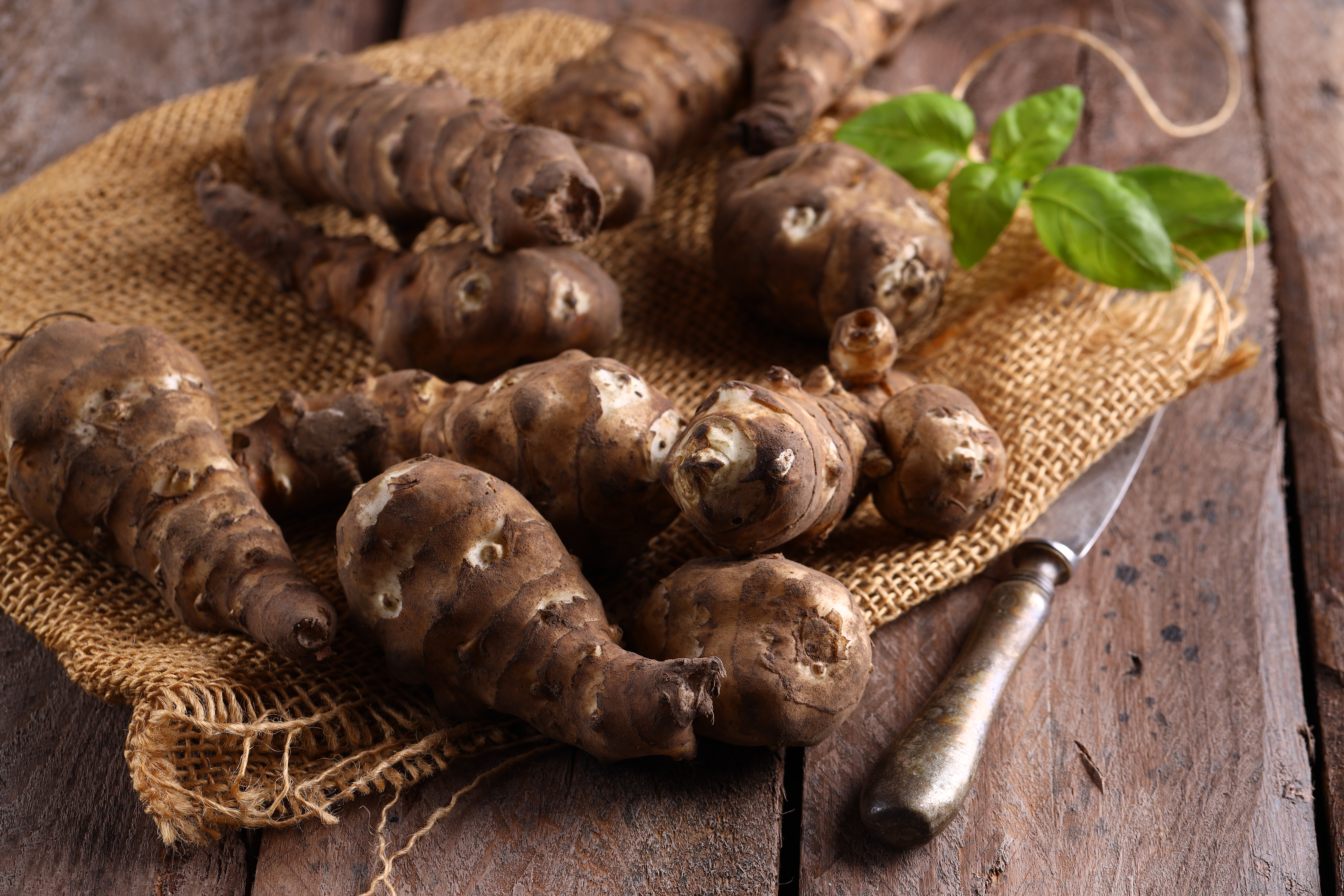
Jerusalem artichokes, also known as sunchokes, are one of the richest natural sources of inulin, a potent prebiotic fiber. When roasted, they develop a sweet, nutty flavor and a crispy texture—making them an ideal alternative to chips or fries. Inulin helps grow beneficial bifidobacteria and supports healthy bowel function. It also contributes to better calcium absorption and a stronger immune response. Just a handful of roasted sunchoke wedges, tossed in olive oil and sea salt, can do wonders for your microbiome. Start slow if you’re new to them—they’re powerful and can take some gut adjustment.
16. Avocado Slices with Fermented Hot Sauce
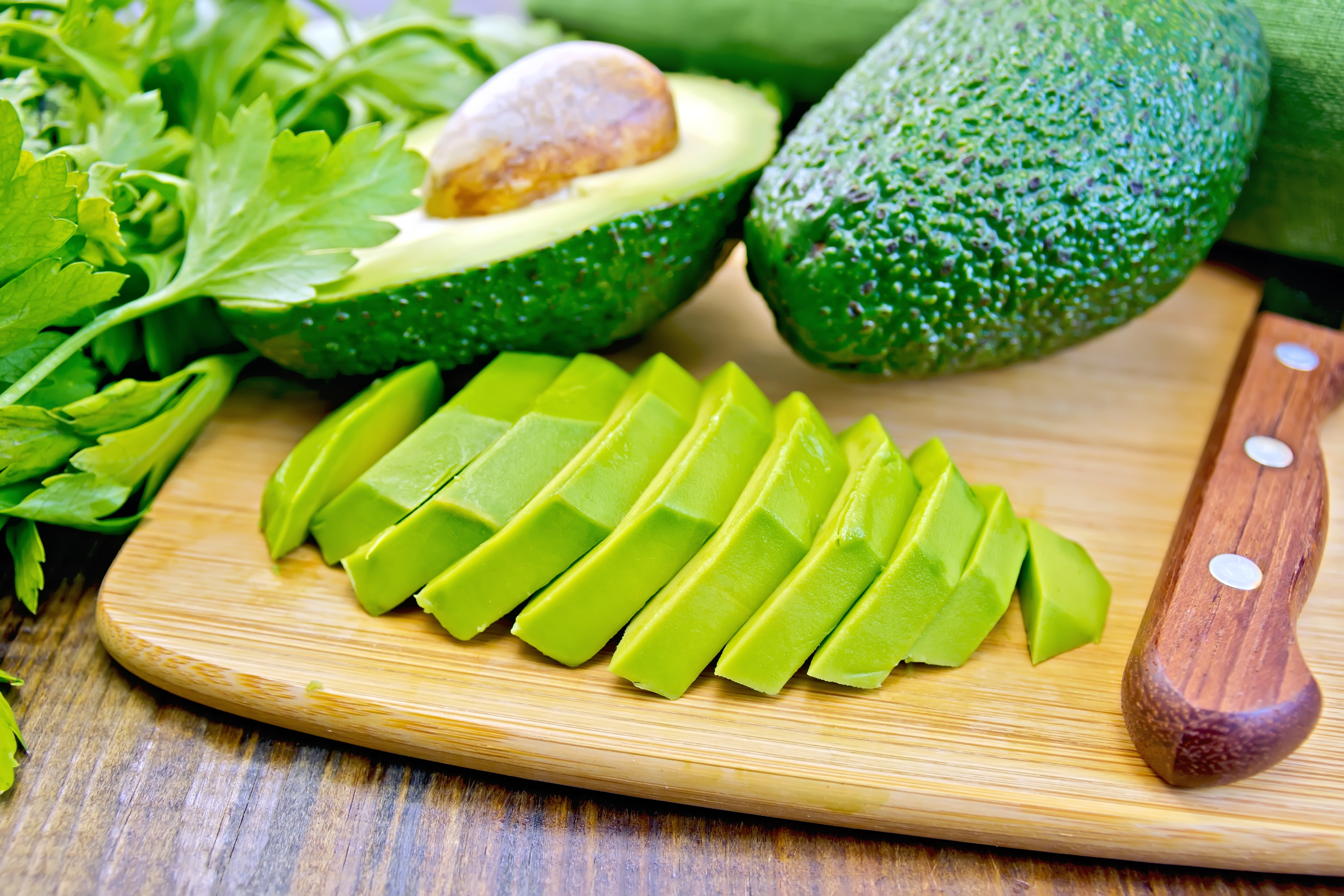
Avocados are rich in fiber, monounsaturated fats, and anti-inflammatory compounds that soothe the gut and stabilize blood sugar. Top slices with a splash of fermented hot sauce (made with naturally cultured chili, garlic, or ginger) for a flavorful, microbiome-friendly kick. The healthy fats in avocado support nutrient absorption and the gut lining, while fermented condiments add beneficial bacteria and digestive enzymes. It’s a simple snack that hits all the marks—creamy, spicy, filling, and gut-healing. For a boost of crunch, pair with a few flaxseed crackers and you’ve got a snack that’s both balanced and bold.
Snack Smarter, Heal Deeper
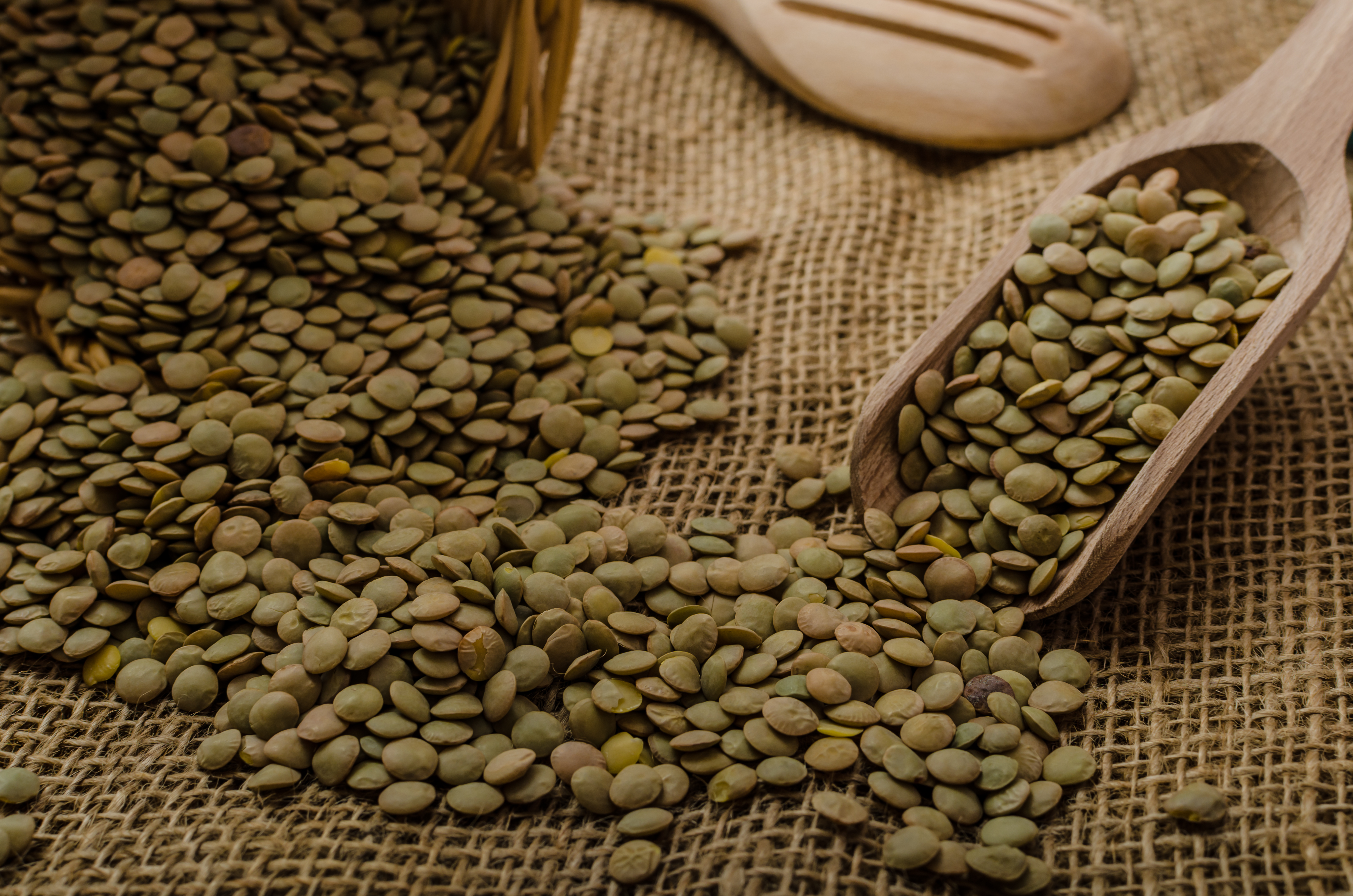
Your gut isn’t just where digestion happens—it’s where health begins. And the snacks you choose each day can either nourish that foundation or quietly chip away at it. These 16 gut-healing snacks aren’t just good for you—they’re designed to work with your body, feeding the good bacteria that support everything from immunity and energy to mental clarity and mood. The best part? They’re delicious, satisfying, and endlessly adaptable to real life. No more crash-and-burn energy dips or guilt-ridden bites. Just smart, flavorful choices that restore balance from the inside out. Whether you're reaching for roasted sunchokes, a spoonful of miso, or dark chocolate paired with berries, you're doing more than curbing hunger—you're investing in your long-term well-being. So go ahead, snack like it matters. Because it does. And your microbiome? It’s already thanking you.
